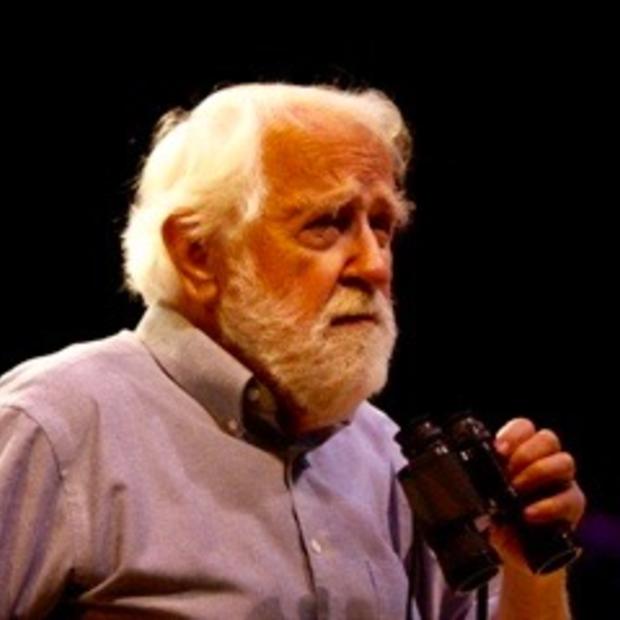Forty years ago this week, a KNXT-TV camera crew and I were on the run from the Chicago police. Three guys from Los Angeles running as fast as we could with camera and sound gear, a jump ahead of the night sticks. We were by no means the only targets, but the guys with clubs were yelling, "Get the f***ing press!" and we were the effing press they had in mind getting.
We ran into the Conrad Hilton Hotel and a hospitality suite maintained by U.S. Sen. Eugene McCarthy, the anti-war Democratic candidate for president. There was a doctor there to treat cuts and bruises (we had none) and alcohol to lower the adrenalin (we had some). Later, the police would crash the McCarthy rooms and beat up some of his campaign staff, but for the time being it was a safe house.
The Hilton stood across the street from Grant Park, where we'd spent the day filming violent demonstrations against the Vietnam War and their violent suppression. Lines in the Grant Park War surged north and south, and our five-and-a-half-foot news photographer, Cal Cape, stood on a stool that raised him only slightly above the heads of the combatants. With a 20-pound Auricon on his shoulder, one eye to the eyepiece, the other roaming the landscape for incoming rocks, bottles, or tear gas canisters, he made fine movies. Every few minutes he calmly turned the step stool to face the other way. There was news material in both directions. The thuggishness of one side was surpassed only by the thuggishness of the other.
The "Yippies," the Youth International Party, threw whatever they could find or devise, including heavy, unopened cans of fruit juice — the large economy size that can make a dent in your head — and balloons filled with urine. Police fired tear gas canisters, and the Yippies threw them back. They were aiming at the police, but there seemed to be no great arms on that side. Much of what was thrown hit reporters and photographers who were stuck in the middle.
A freelance shooter from Sacramento stood on the raised concrete platform of a fountain, snapping still photos, until the police moved in on him. Rather than order him down, the protectors of the people grabbed his feet and yanked. He sprawled onto the concrete, gashing his head open, and was hauled away to be booked or not booked.
This late in 1968, none of this was a surprise. Cape, soundman Paul Hilton, and I had seen the rebellion/repression cycle build from the Berkeley civil rights movement, through the growing bitterness of anti-Vietnam War protests, to the uncontrolled hatefulness of the Chicago convention.
Conjure this: The Democratic Party was the party of war, despised by a huge, wildly activist, nihilist left. An imperial White House was occupied by an increasingly bitter and isolated president, Lyndon Johnson. The Democrats had chosen to convene (what were they thinking?) in a city ruled by the last of the old-time, right-wing Democratic bosses, Richard Daley, who had publicly upbraided his police department for not having shot anyone during earlier riots. North Vietnam was winning the war, and 300 American troops were killed during the week of the convention. The presidential candidate, poor Hubert Humphrey, was a very decent man stuck with the Johnson war policies and was sick about it.
Martin Luther King, murdered. Riots in a hundred U.S. cities. Bobby Kennedy, murdered. Democratic Party leaders screaming at each other in public. Some who were watching thought the straps that held the country together had all come undone and might never again be securely fastened. I'd like to be more certain that we were wrong.

